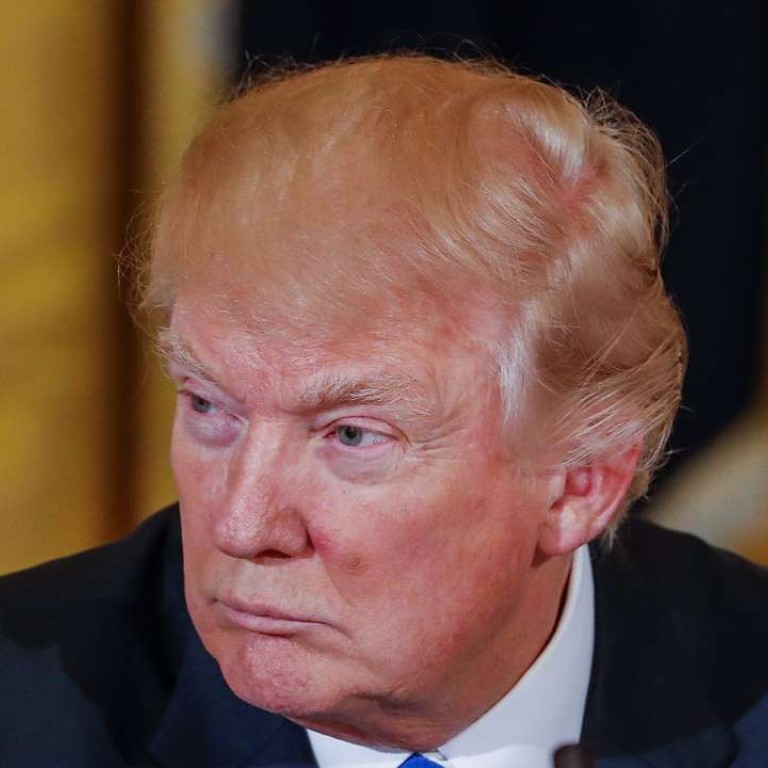
Are Trump’s new China trademarks really a big deal?
In the past two weeks, the Chinese government granted US President Donald Trump 38 valuable trademarks. They come as tensions between China and the United States have cooled somewhat, leading to suggestions that the award is a poorly concealed quid pro quo designed to reward a president with considerable personal business interests. On Tuesday, Senator Ben Cardin went so far as to accuse China of “trying to curry favour with the president of the United States.”
That sounds plausible. But Chinese officials have other reasons for ensuring Trump’s trademarks are protected.
In most countries, obtaining a trademark isn’t front-page news, even for a president. But China is unique in that it employs a “first to file” system requiring no evidence of ownership or prior use. For example, Xintong Tiandi Technology Ltd, a leather-goods firm, legally markets iPhone wallets in China because it registered “iPhone” for use on leather products in 2007.
Such “trademark squatting” contributes to an atmosphere of general chaos when it comes to intellectual property in China. If a nobody can own a valuable foreign trademark, then effectively no one owns it, and oversight will be lax.
Last year, 258 trademark applications were filed using various permutations of “Ivanka Trump,” and knockoff Ivanka stuff is everywhere. Enforcement is close to non-existent.
But there are important exceptions. In 2004, a Beijing entrepreneur attempted to trademark President George W. Bush’s name (bu shi, in Chinese) in connection with a line of disposable diapers. At the time, People’s Daily, the Communist Party’s official newspaper, reported that it was unlikely to be approved because “it may bring about bad social impact if a leader’s name is registered as a trademark”.
Bu Shi Diapers were unlikely to shake Chinese society. From the perspective of the party, though, a surge of Bush-branded commercial goods – even uncomplimentary ones – looked like a looming threat. After all, Chinese leaders never appear on products, so the prospect of supermarkets full of items bearing the likeness of a democratically elected foreign leader was cause for alarm.
If the goal is to keep Trump-branded products off Chinese shelves, granting Trump a bunch of trademarks would seem like an odd way of doing it. But the government’s goal probably isn’t to give the Trump Organisation free rein to market in China. Rather, it most likely wants to send a message to trademark squatters that their applications won’t be tolerated. The government’s recent crackdown on counterfeit Disney merchandise in advance of the opening of Shanghai Disney is proof that it can enforce licensed trademarks when it wants to.
After the Trump issue came to light, China’s foreign ministry spokesman Geng Shuang said that all trademark applications were handled “in accordance with the law and regulation.”
China also knows that Trump’s recent trademark applications aren’t intended to precede new products. Rather, as Trump’s lawyer explained to the Washington Post, they’re defensive. That may sound convoluted, but it’s actually a common strategy for foreign companies hoping to protect their brands in China.
Moreover, China’s interest in protecting intellectual property is at least as strong as Trump’s in this case. In the coming months, the Trump administration is likely to roll out aggressive new policies in opposition to China’s trade practices, including its lax IP enforcement. The last thing China wants is fake but licensed Trump products in stores making Trump’s case for him. For now, at least, giving Trump his trademarks probably won’t put money into the president’s pocket. But it’s a crucial step for Chinese officials hoping to manage their relationship with an unpredictable new marketer-in-chief.

